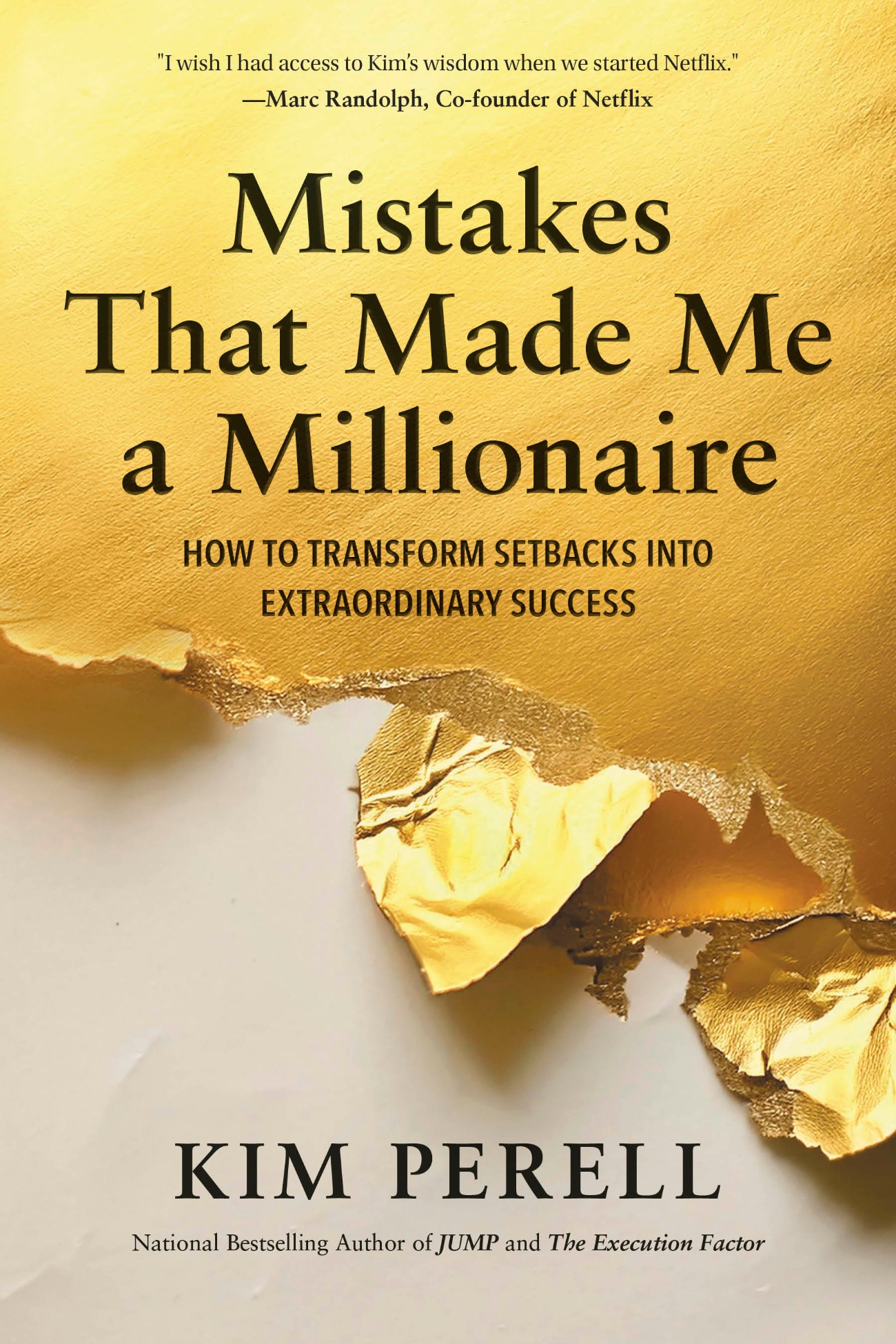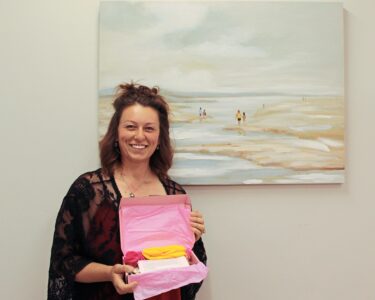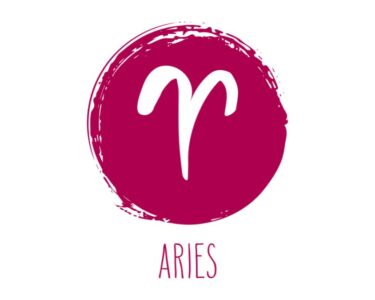Whether you’re returning to the workforce, navigating a career pivot or simply wondering if it’s “too late” to start something new, self-doubt can be one of the biggest roadblocks to growth. For many women, especially those juggling motherhood, ambition and reinvention, it’s easy to question whether we’re really qualified or ready enough to take the next step.
In this excerpt from Mistakes That Made Me a Millionaire, I share about how self-doubt nearly held me back and what I learned about pushing forward anyway. It’s a powerful reminder that success isn’t about having all the answers—it’s about believing you’ll figure it out along the way.
The invisible chains of self-doubt
Can you think of a time you passed up an opportunity because you felt underqualified? Have you ever avoided speaking up in a meeting because you doubted yourself? Don’t worry. You’re not alone—I’ve read numerous articles that say 85 percent of people acknowledge that doubt has held them back from pursuing an opportunity at least once in their lives. If that statistic demonstrates anything, it’s how so many of us battle the doubting mind.
Self-doubt fuels a sense of inadequacy, and it doesn’t only affect people at the start of their career or when launching something new. Countless talented people, even those at the top, struggle with self-doubt and wonder if they truly deserve their success. This is what self-sabotage does—it sows doubt even when you’ve achieved great things or acquired impressive accolades. It can make you feel as if you’re undeserving, and that your limitations will soon be exposed and you’ll be “found out.”
Here’s what you have to understand about self-doubt—it’s just your ego talking. Whenever we decide to put our talent and abilities on the line, the ego fiercely defends our image of competence and capability. We might want to ask for a raise at work or apply for a new job, but we hesitate due to worries about being underqualified. That’s because the ego’s job is to safeguard our pride and self-esteem. It considers anything new or unfamiliar to be risky.
It’s the same reason why people cling to the bar rather than take to the dance floor, why not all partygoers rush to the mic at karaoke, and why the prospect of public speaking can be terrifying to some. The ego tries to protect us from situations where we may look foolish or out of our depth.
No one explains it better than philosopher and author Rupert Spira: “Whenever we go beyond our limits, the ego experiences a little death because it is defined by its limits.” But doubt only “exists on the surface of the mind,” he says, so our task is to access our deeper truth and intuition. As he suggests, “Don’t listen to the doubt. Listen to what your heart is telling you.”
Believe in yourself

Courtesy of Kim Perell
It took me years to realize that success is about embracing who you are and trusting that it’s more than enough. Too many times, I second-guessed my abilities and let uncertainty creep in. The mistake of believing I was underqualified wasn’t just about missing opportunities; it was about a mindset that kept me small and reinforced my insecurities. It took years to recognize that my unique skills and experiences were assets, not liabilities, and that moments of doubt were simply challenges to grow stronger in my self-belief.
Think about every time you’ve done something great in your life. Were you really, truly ready? Or did you figure it out as you went along? That project you crushed, that pitch you nailed, that team you inspired, that proposal everyone loved—you weren’t ready for any of it until you did it. That’s not a coincidence—it’s proof that growth happens in doing. So:
- Apply for the job you feel underqualified for.
- Say “yes” to the opportunity, ready or not.
- Advocate for the raise you know you deserve.
- Take a seat at the table where you’re not an expert.
And in the face of doubt, remind yourself that you’re way more qualified than you give yourself credit for. The only thing standing between you and the success you’re meant for is believing it.






